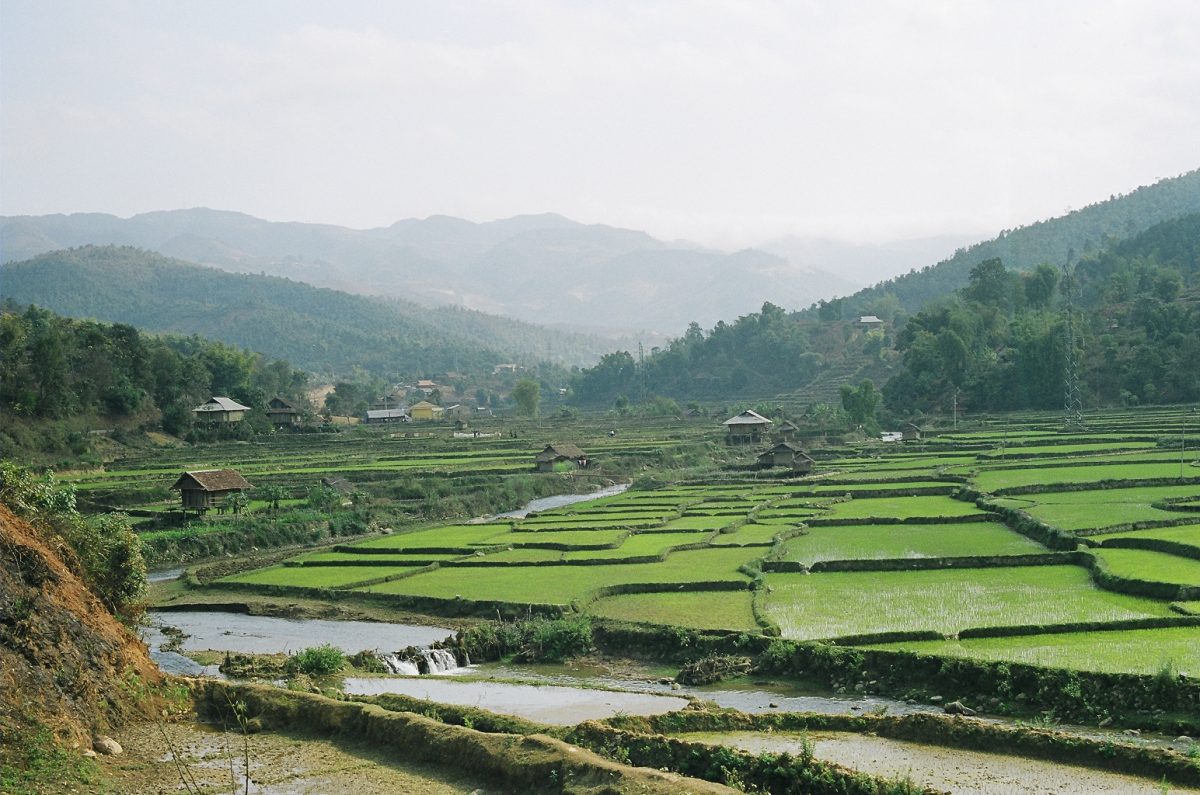This advanced readings seminar in Agrarian Studies addresses themes and issues, concepts and methods relevant to agricultural production, food consumption, and commodity circulation as well as the social and natural relationships they constitute and transform. The course offers an interdisciplinary perspective on the making of the modern countryside and the relations in which its peoples and places are embedded. Half a millennium ago, three intersecting yet distinct processes began to reshape agrarian societies as well as the landscapes that nourished them. The formation of nation-states in an international system, the emergence of capitalism as a dominant mode of production, and the propagation of standardized knowledge and scientific rationality transformed the world and continue to do so. Neither inevitable nor complete, these processes of state, economy, and society structure access to socially-necessary resources even as they engender countermovements and unexpected outcomes.
An emphasis on theoretical insights, methodological approaches, and diverse case studies inform readings in classic theory and cutting edge scholarship. Topics include development, state formation, conservation, global depeasantization, food riots, land struggles, peasant revolutions, systems of labor control, and biotechnology.
